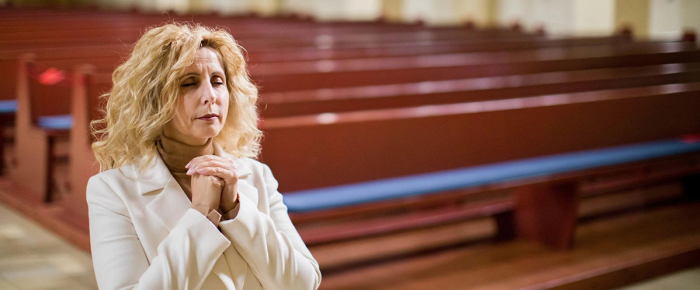Christians warn against German bill that aims to crack down on pro-life prayers

Christians in Germany are expressing their concerns over a proposed bill that aims to establish censorship zones around abortion facilities, potentially penalizing pro-life prayers and offers of help, with fines up to €5,000, or $6,300. The bill, criticized for its vague language and questionable necessity, seeks to prevent actions the government deems “confusing” or “disturbing” within 100 meters of such facilities.
The bill is ambiguous and lacks evidence supporting the need for this legislation, the rights group ADF International says, pointing out the government’s admission of lacking concrete data on incidents near abortion facilities.
The group draws parallels with the U.K.’s experience, where similar buffer zones have led to legal challenges against individuals praying near abortion clinics, referring to the Public Spaces Protection Orders in the U.K. The PSPOs threaten free speech and the right to peaceful prayer, the group adds.
Felix Böllmann, a German lawyer and director of European Advocacy for ADF International, criticized the bill for creating confusion and potentially infringing on rights protected by both international and national law.
“The right to peacefully pray is protected by international and national law. No matter one’s opinion on abortion, everyone suffers when we start to censor the right to speak freely, pray or engage in consensual conversations,” he said. “The federal government wants to ban something but doesn’t know what or why. This law doesn’t ban ‘confusion,’ it creates more of it — both for citizens trying to understand the law and police officers who will have to enforce any vague new prohibitions.”
Family Minister Lisa Paus of the Green Party introduced the draft law last month, aiming to balance freedom of expression with the protection of women seeking advice at abortion clinics and family planning centers from harassment, as reported by DW. The law would enforce a 100-meter buffer zone, with violations resulting in fines.
Paus said at the time women should be able to receive good advice without being confronted with “hatred and agitation.” “That’s why we are striking a balance between freedom of expression and the right of assembly,” Paus was quoted as saying.
The draft bill is currently with the Federal Council and is still open for amendments, according to ADF International. It will be voted on in Parliament.
The proposed legislation has sparked debate in Germany over the presence and impact of pro-life protests, similar to those in the United States. Pro Familia, an abortion and family planning advice center in Frankfurt, claims that protests lead to negative effects on clients.
Germany’s Statistical Office reports that the country sees about 100,000 abortions annually, a decrease from 130,899 in 1996.
Since 1992, abortion has been legal in Germany. In 2022, the government eliminated a law that had made it illegal for abortion providers to advertise their services, which previously could result in up to two years in prison or a fine, according to The Guardian.



























